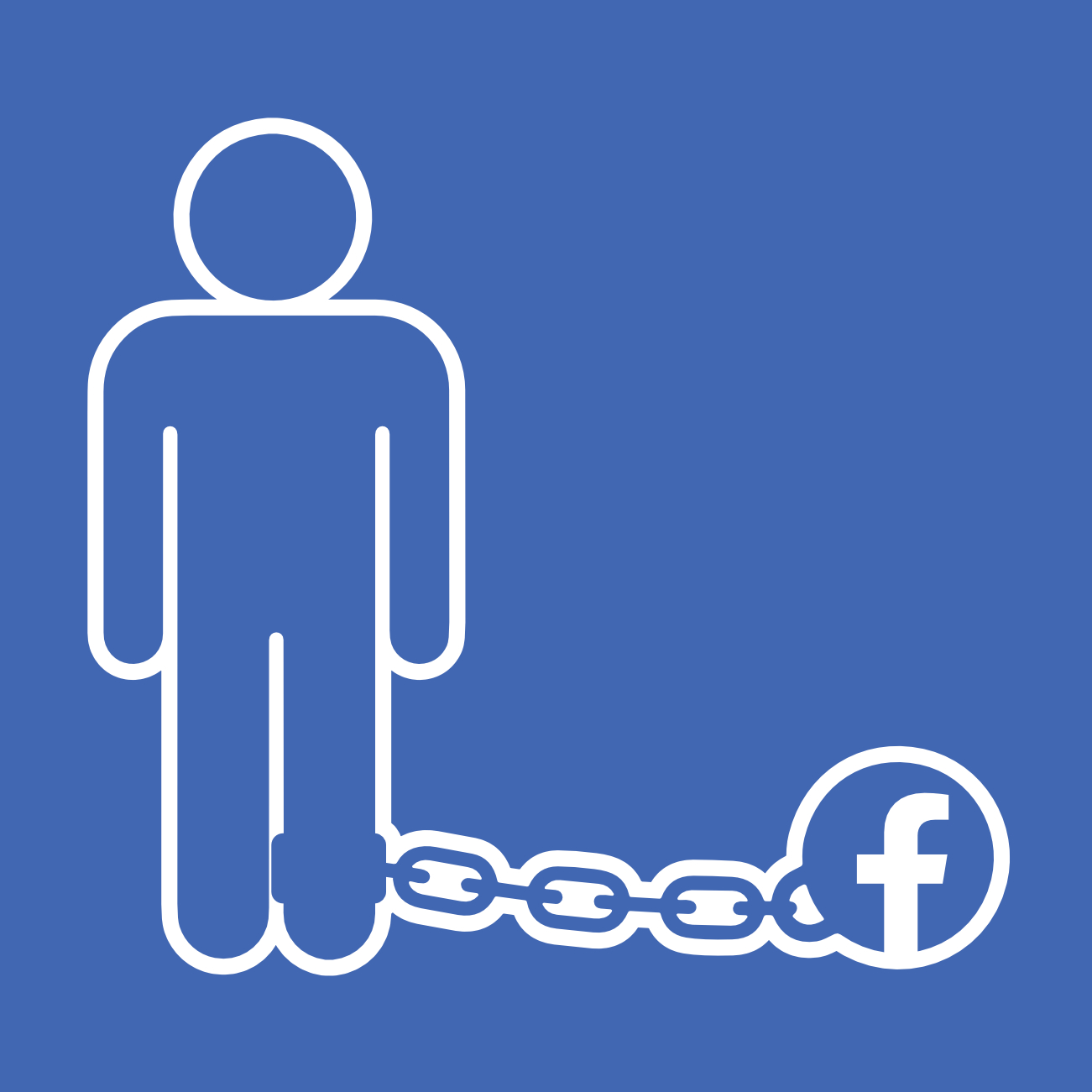Many small businesses and solo traders rely on social networks to promote their trade while their domain name website sits collecting dust. This is not a winning formula
Relying on social networks for your communications and marketing imposes limits and incurs risks you really don’t need. If you haven’t realised that your social media dependence is a problem, then keep reading…
You own nothing on your social networks
None of the content you put into your Facebook page, your X-twitter feed or your Instagram posts belongs to you. The hosts are private businesses and they own everything you give them. That’s the Terms & Conditions you agreed to but never read.
None of the content you put into Facebook, X-twitter or Instagram belongs to you
The host can terminate your account at any time, without warning or explanation. All your content and contacts are gone. Permanently.
Now you might think, why would that happen to me? It can be for any number of reasons, many of them outside your control but it hardly matters, the real question is why take the risk? You don’t need to keep all your important content and contact lists on a platform that can be deleted at any moment, so don’t.
But it’s free and easy
If you are not paying for a product then you are the product. Social networks are free because without the content you put in, they’d be blank. Facebook, X-twitter, Instagram et al, sell their advertising against your posts. Your content is the money-maker. Remember this.
It is easy to post content in but not so easy to get the message out. If you use Facebook to send out your event invites then you already know what a tiresome process it is and the limits imposed on bulk mailings. You cannot send more than 500 invites for each event. But you can post your event on your Facebook business page where all your followers will see it, right?

It is easy to post content in but not so easy to get the message out
No. On a really good day, you might get 2.2% penetration. Typically, less and possibly as low as 1.1%. If you have 1,000 followers on your Facebook business profile page, between 22 and 11 of them will get your post in their news feed. The number who will see your post in their news feed, well that will be lower still.
Cough up
Why would Facebook not show your posts to all of your followers? It’s all about the money. Notice how you pay to ‘boost’ your post, not to ‘advertise’ it. ‘Boosting’ your post is simply Facebook sticking it in the feed of a few more of your existing followers. Advertising, by convention, means getting your message out to people who don’t already know or follow you, and that costs even more money.
They keep moving goalposts
You have no control over the rules. If you’ve been using social media for a while, you already know how the look and functionality of a platform changes on the whim of the provider. Facebook could decide to charge for sending invites, services that are free today can be premium ones tomorrow. Ask Evernote users.
If Facebook does start charging for invites and you do not have a mailing list of your own, you’ll just have to cough up the cash.
Here today, gone tomorrow
If Facebook goes belly up, you’ve lost the lot. And if you think that won’t happen, well, neither did the users who spent money on their MySpace profile pages. Friends Reunited, a precursor to Facebook, lasted 15 years before it vanished without a trace. If you’ve got a whole lot of photos on X-twitter you might want to back them up, though it’s too late for your photos posted between 2011 and 2014.
Indeed, given that X-twitter is having a prescription drug abuse-fuelled midlife crisis, you’d be well advised to drop it from your business communications strategy altogether.
If you are professional about your business then you need to be professional about your communications and marketing
Go Google yourself
When someone searches in Google, the search engine looks through all the website content it has indexed and sees what is most pertinent. The more (quality) content you add to your website, the greater authority Google lends to your domain name. The more content you put into Facebook, the greater authority Google ascribes to Facebook.
Remember, your content is the money-maker for the domain you publish it in. Posting to Instagram is working for Instagram, posting to Facebook is working for Facebook, for X-twitter, for YouTube, etc, etc. All the time and energy you invest working in other domains is for them, only when you are working in your own domain are you promoting your business.
Limited shelf-life

Take control of your communications
The solution is simple, make the content of your posts yours by putting it on your website. Build your own mailing list and communicate directly with your followers. Then, in social media, post teasers with links to your content. The people who are interested in your product or service will follow the link and visit your website. Google will note this. This is how we get Google to recognise the value of your content and return links to your website in searches.
How to make Facebook work for you, not vice versa
- Put the full content of your posts in your own website;
- Link Facebook et al, to your website posts with a teaser and a link;
- Build an emailing list and use a bulk HTML mailing service to communicate with your followers;
- Use landing pages with subscription forms for promotional posts on social media to generate new traffic to your website and add new followers to your emailing list, and
- Never put content into social media without a link to your site.
Adding content to your website and building your emailing list is a little more involved. Posting on Facebook is something that anyone can, and does, do. But if you are professional about your business then you need to be professional about your communications and marketing. That’s where you need Graphic Violence on your team.
Read more
- Facebook Deleted Your Account? Good Luck Retrieving Your Data – KQED
- Facebook Organic Reach: How Many People Actually See Your Posts? – Studio 93
- Evernote users vent anger after it cuts free tier and raises prices – The Guardian
- Twitter Deletes Photos Posted Between 2011-2014 – PC Mag
- Lifespan Of A Social Media Post: How Long Is Your Content Relevant? – Atisfyre
- Friends Reunited website to close after 15 years – The Guardian
- Facebook Age Demographic – Oberlo
- Facebook UK Statistics 2023 – Social Films
